Green as your thumb maybe, toxic chemicals lurk in even the most fruitful of plant beds. Naturally, decreasing that carbon footprint is a goal shared by many gardeners and the best time to start is now. These top earth-friendly garden tips will help you make your outdoor space healthier for both the planet and your family.
10. Grow your own produce
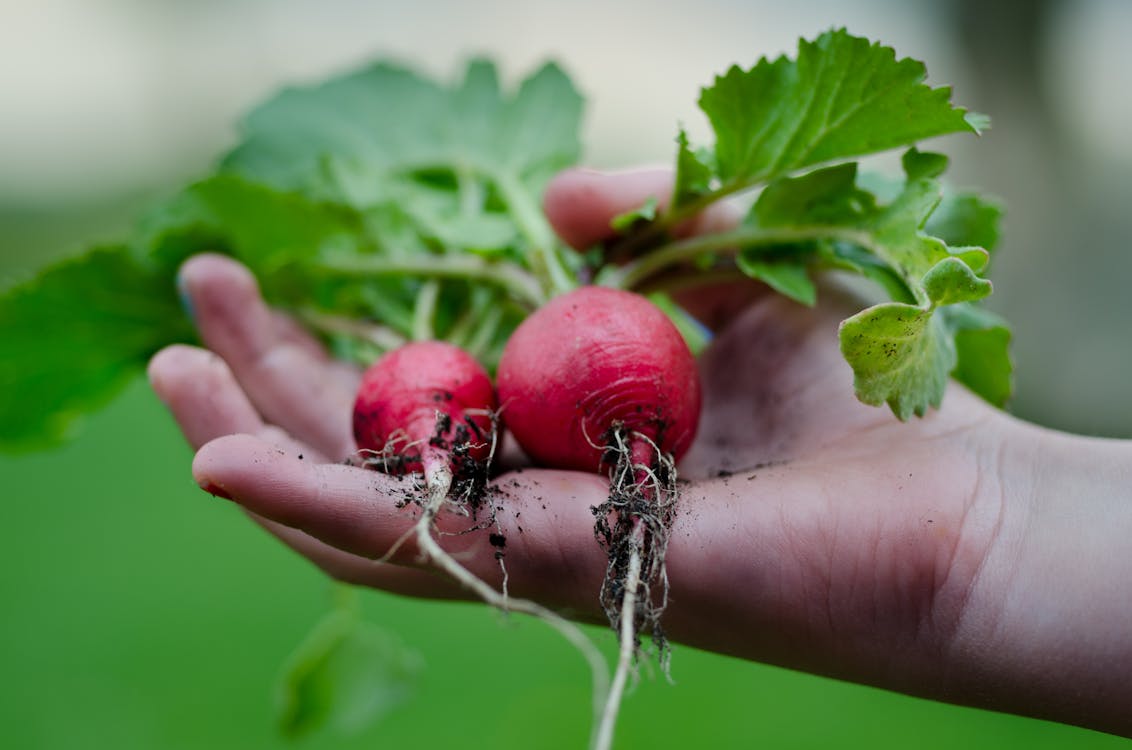
Why dedicate your time and resources to turfgrass when you could expand your garden to serve as a primary food source for the family? A diverse vegetable garden is far more visually appealing than a plain old lawn, so start ordering your vegetable seeds. Compare the environmental cost of buying produce trucked and sometimes flown to the market to that of walking out back and plucking bright red tomatoes warmed off the vine.
9. Boot the chemicals

Take a close look at the pesticides, fertilizers, and weed killers in the shed. Now gather them up and dispose of them. These items may be convenient, but there’s a huge price to pay for putting toxins in your soil. These chemicals not only harm your land, but they will also seep into first your plants and then your family when you harvest and eat them.
8. Switch to natural compost

Kitchen scraps are far cheaper than pricey sprays! Making your own compost is a big step towards becoming a sustainable household. By taking organic waste – eggshells, used coffee grinds, discarded vegetable peels – and converting it to a nutrient-rich soil amendment, you create a green substitute for those toxic chemicals you just tossed.
7. Catch the rainfall

Pick up a rain barrel to conserve pure, mineral-rich water as it falls fresh from the sky. Use this on plants and wash the cars, and you’ll take a noticeable bite out of water costs. Harvesting stormwater has the added benefit of preventing erosion and in some cases flooding.
6. Mulch like you mean it

Mulch provides plants with an attractive blanket on cool mornings and blocks some weeds, it also prevents erosion. A 3” to 5” layer will retain moisture, further reducing water usage.
5. Choose native plants

Plants that are native to your region are the likeliest to survive your most extreme weather. They also won’t require excessive water and can withstand long dry periods than non-native growth.
4. Don’t wastewater
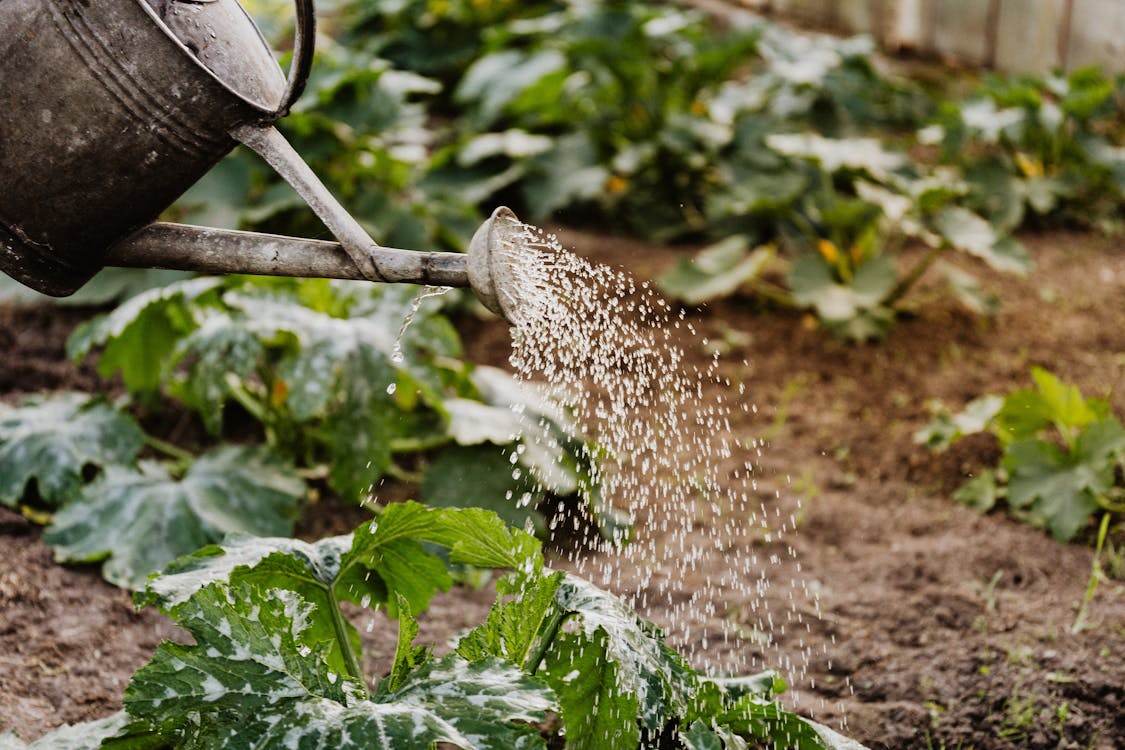
Now here are some earth-friendly garden tips with serious impact. There’s no reason to use sprinklers now that we know how wasteful they are. To conserve water, switch to a drip irrigation system or a simple soaker hose to quench the garden while using 50 percent less water.
3. Welcome butterflies and hummingbirds
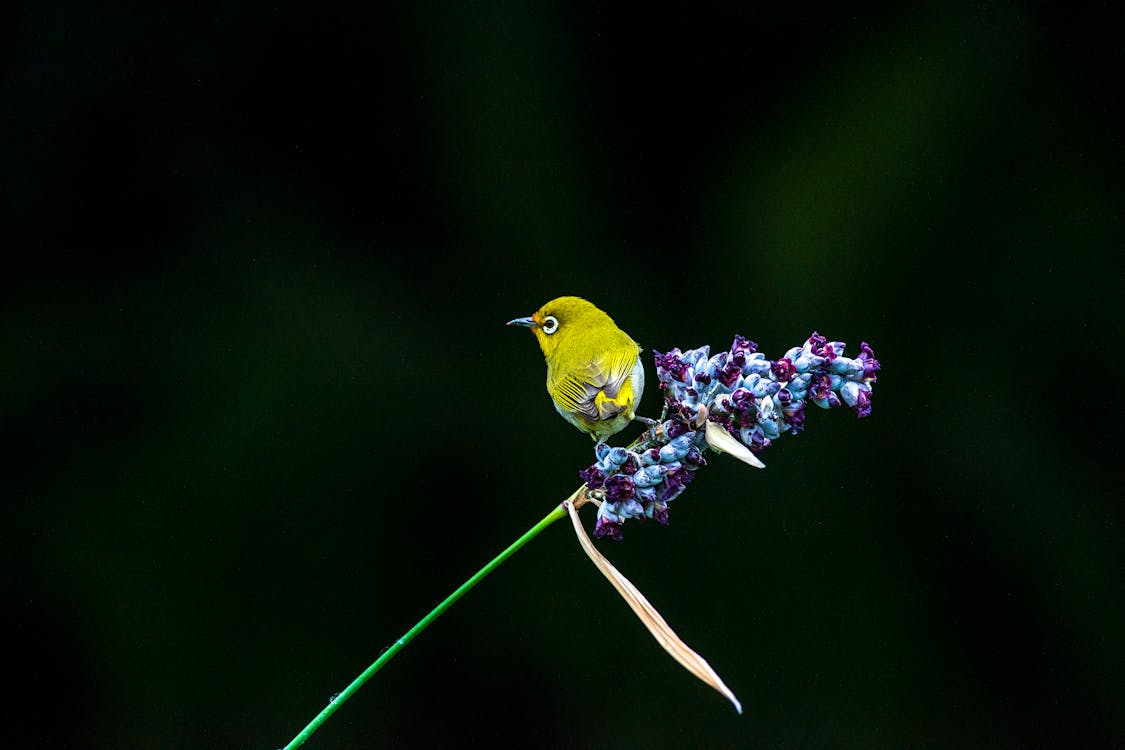
People spray insecticides to rid their yard of annoying pests that eat and damage plants. The flip side is that these same sprays also poison butterflies, hummingbirds, bees, and other helpful visitors needed to pollinate buds. Ironically, these vulnerable visitors would be happy to eat the very pests you’re trying to keep away. Remove the sprays from the equation and add bird feeders and butterfly habitat and nature will take care of its own pests.
2. Reuse plastic containers
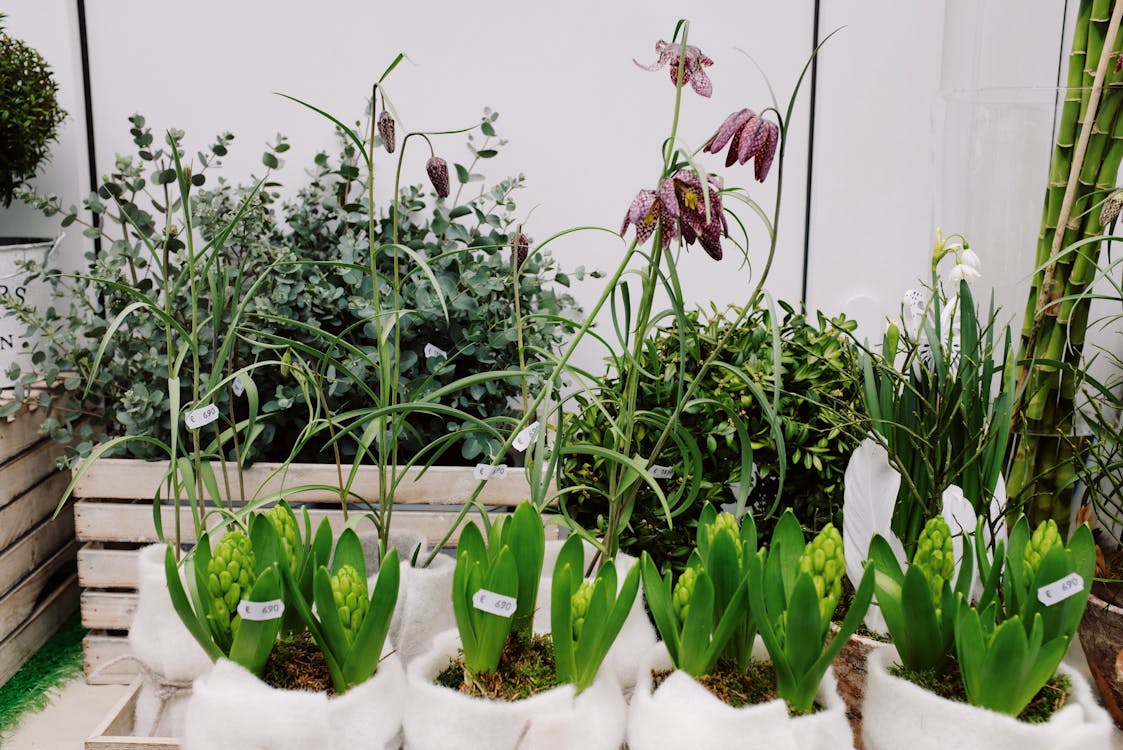
The best earth-friendly garden tips focus on using what you have at hand, and many of us have plastic bottles of all sizes. These are perfect for protecting vegetable seeds and seedlings from pests and extreme temperatures. Cut off the bottoms, remove the lids and place them over newly planted growth. Reuse smaller containers for germinating seeds indoors.
1. Companion planting 101
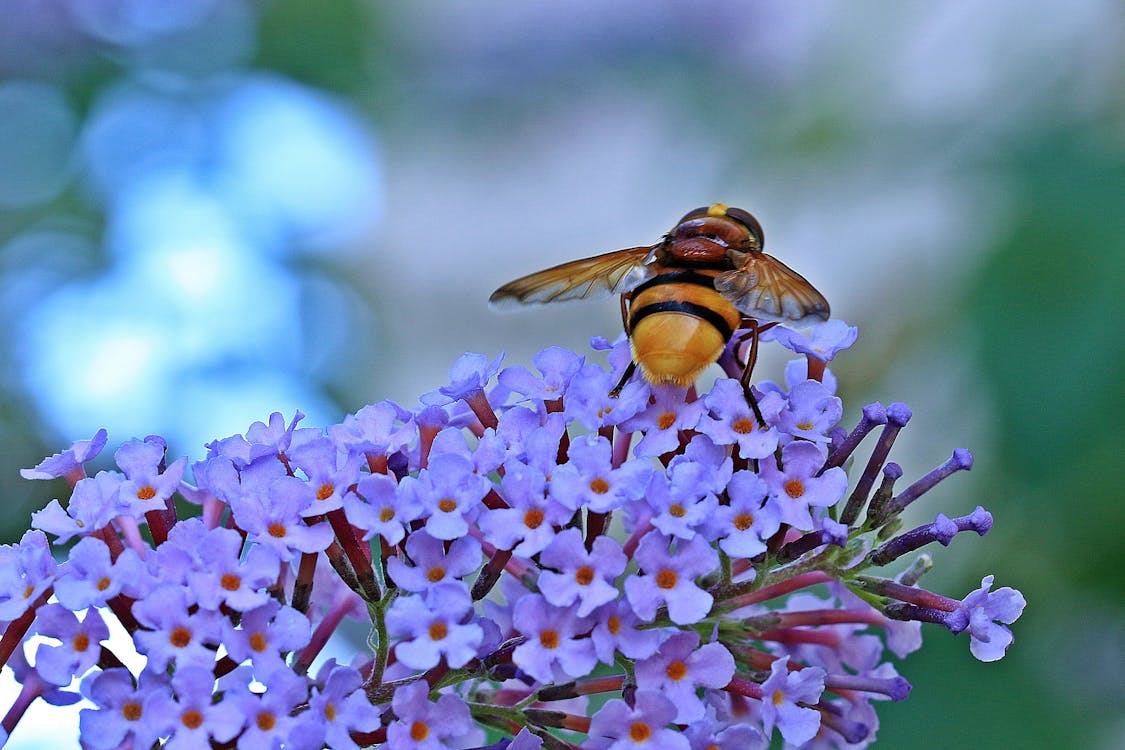
Companion gardening involves pairing growth that will have a symbiotic relationship, helping each other grow by fending off pests and neutralizing acids in soil. Diversity boosts the hardiness of any ecosystem, so add herbs (to confuse insects with their scent), marigolds (to repel many common pests), carrots (to draw garden “heroes”), and other useful life to your yard. Refer to The Old Farmer’s Almanac for guidance.

